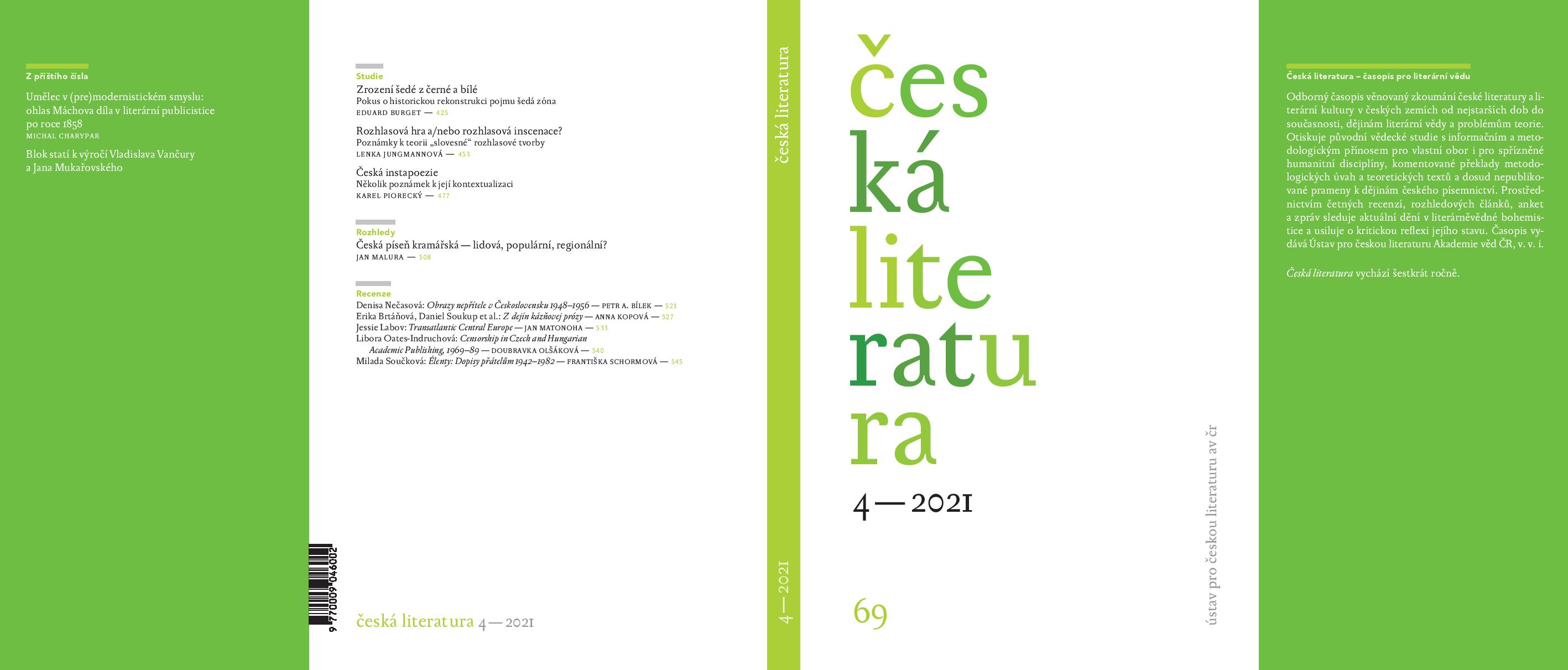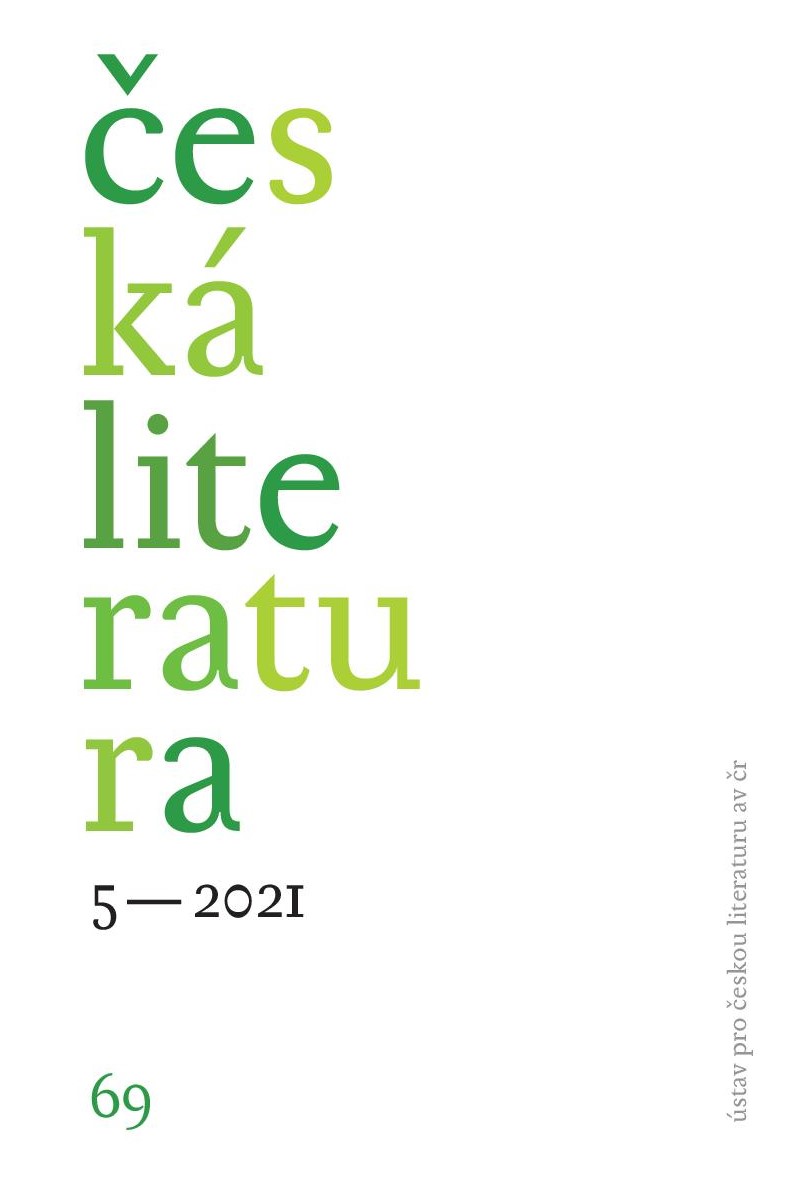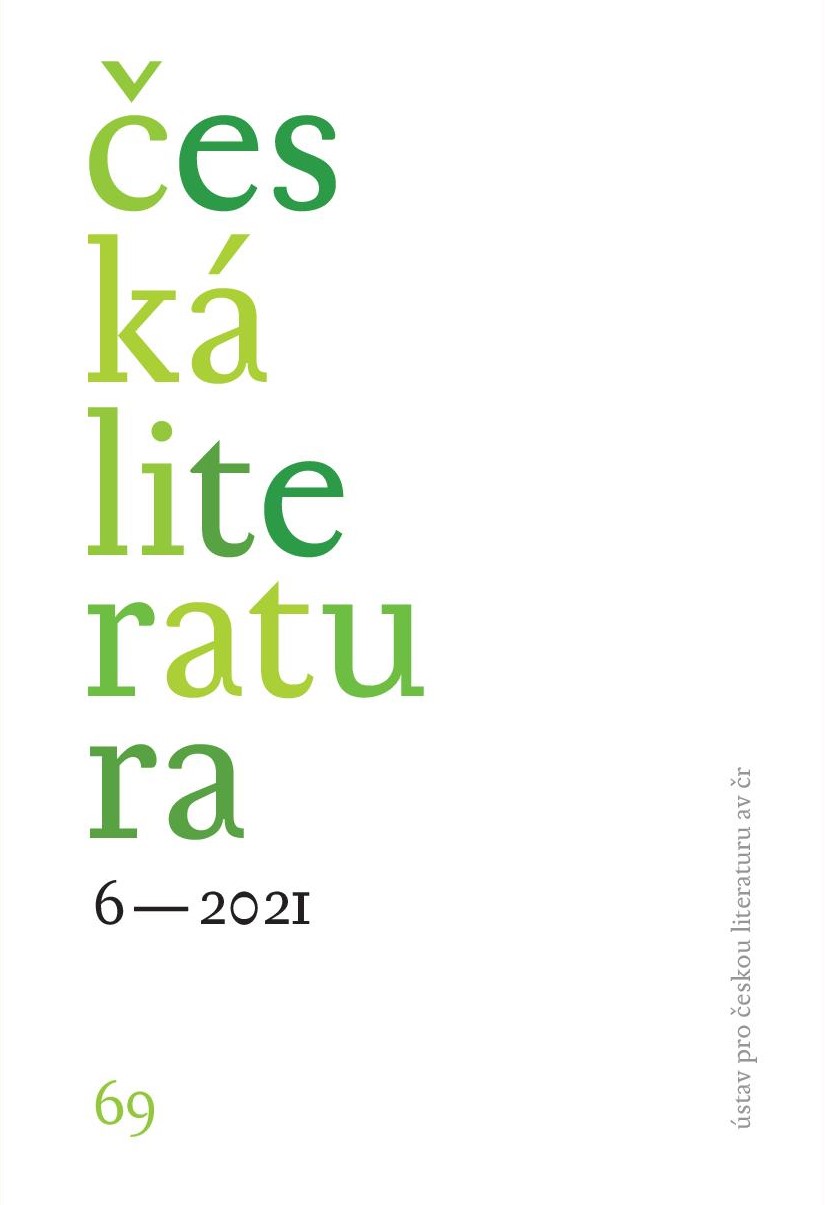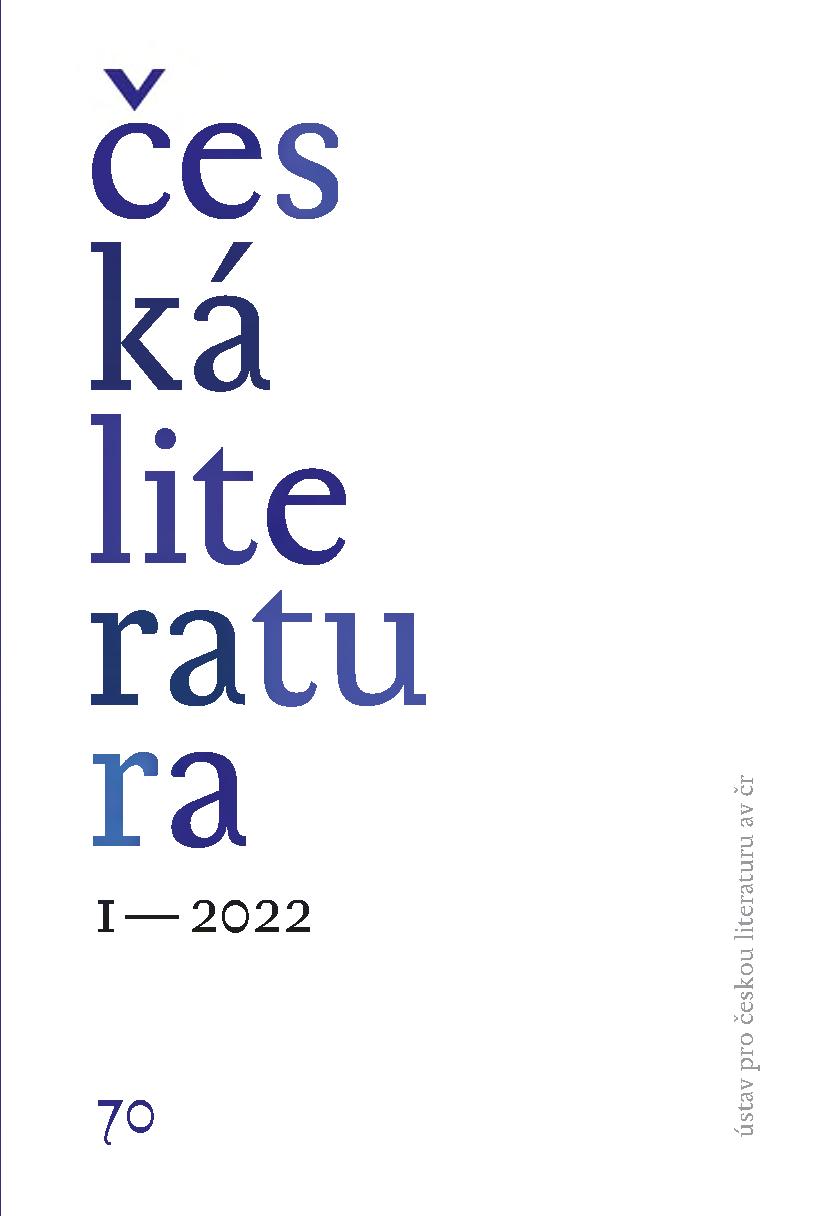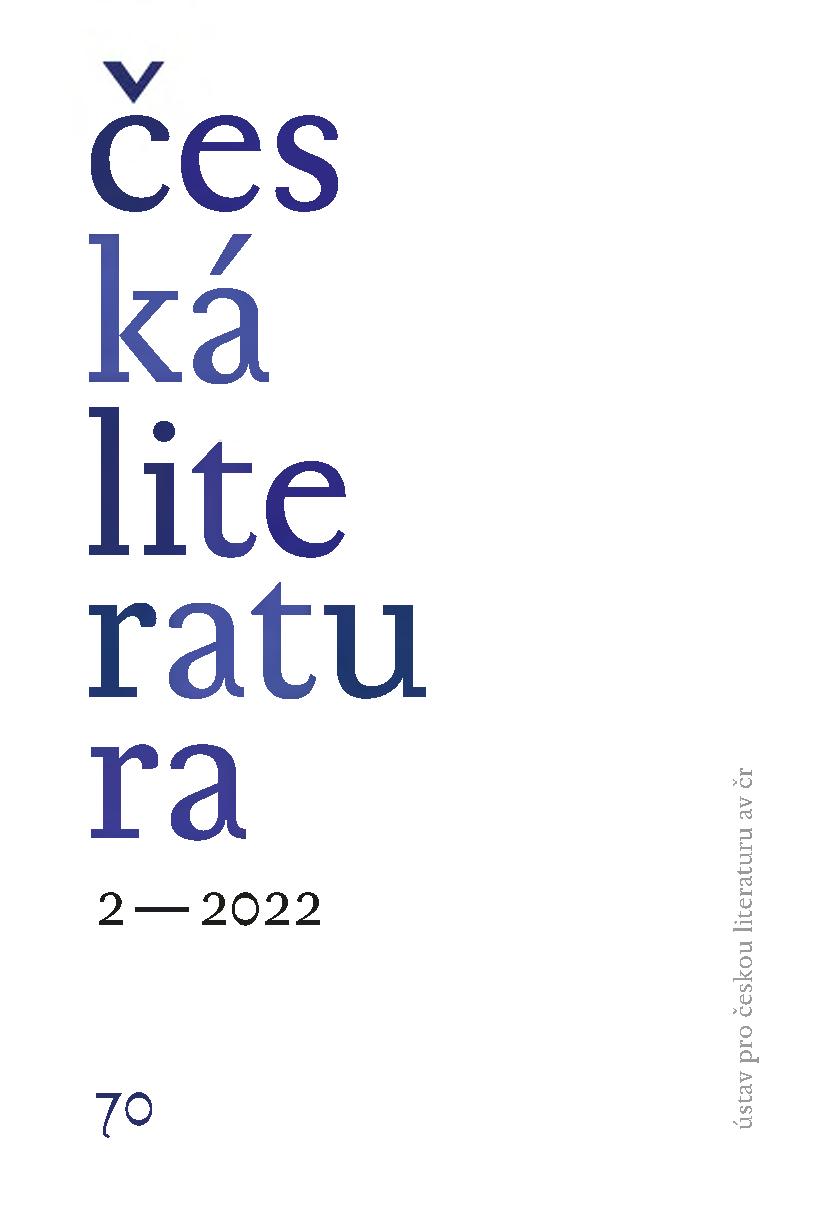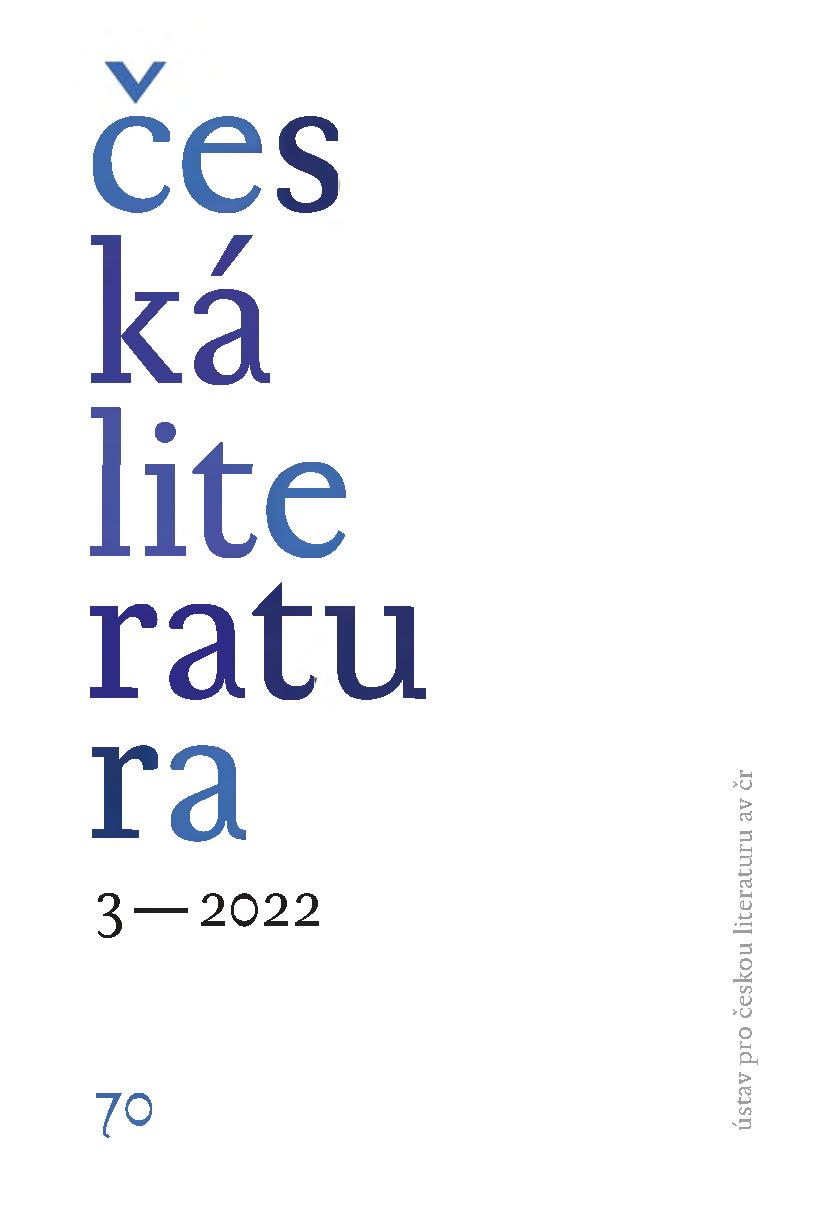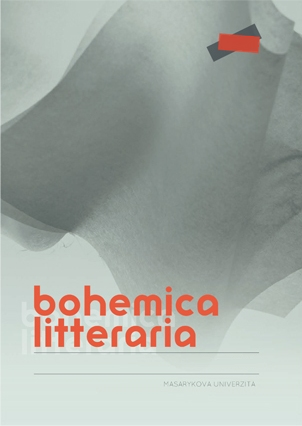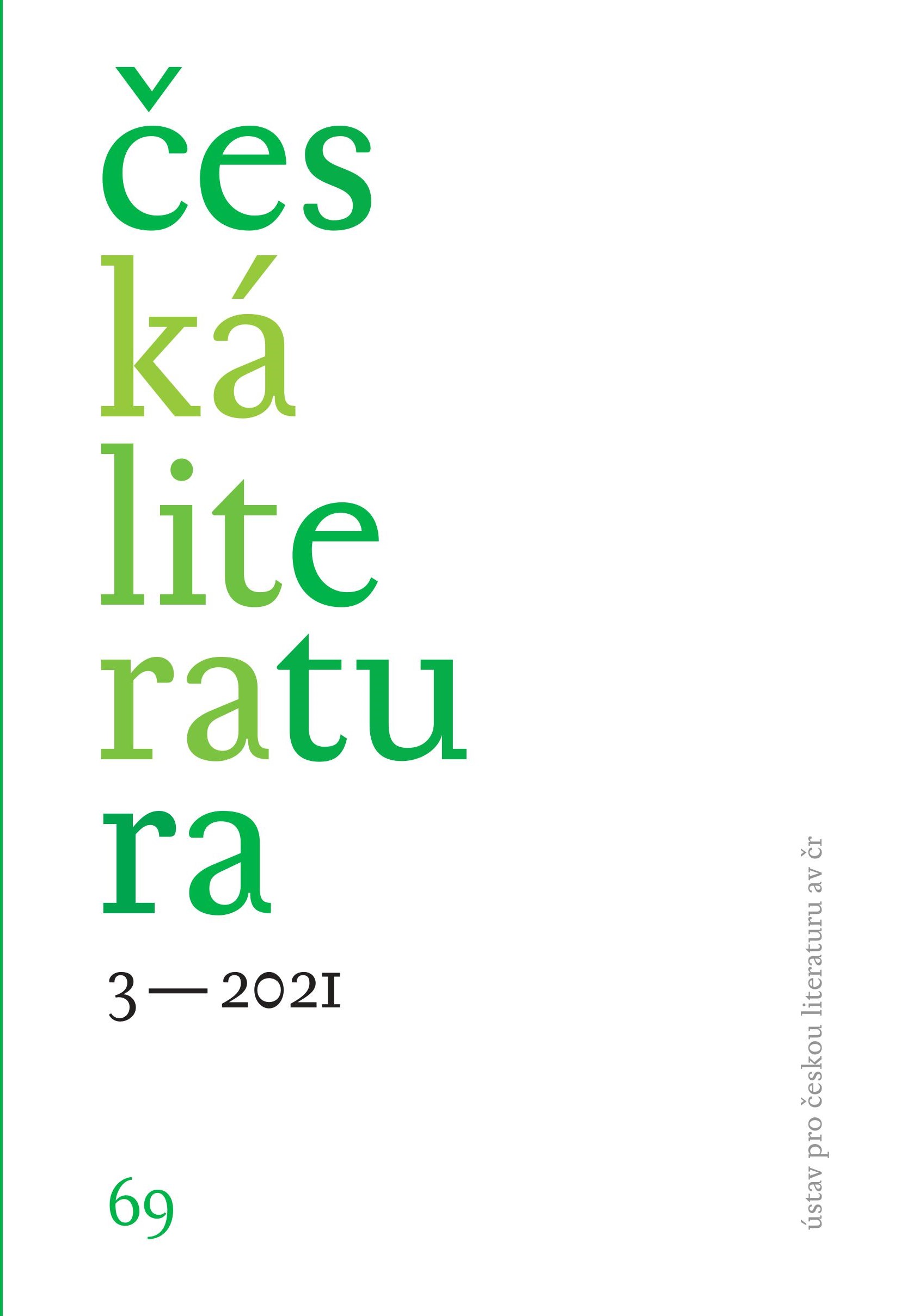
Preferované rodinné vztahy a jejich nesamozřejmost v prózách Jana Balabána
This paper deals with the prose works of Jan Balabán. It focuses mainly on the contradictions between idealized notions of the family and relationships within it and the “reality” of the fictional world, which does not match these ideas.The methodological contribution is based on anthropological literature, mainly regarding Wolfgang Iser’s idea (literature as a medium which facilitates anthropological experience that is otherwise unattainable), but also considers the sociological theories of Zygmunt Bauman involving liquid modernity and the fixed and pure relationships of Anthony Giddens.At first glance, it would appear that Balabán’s work presents the reader with an ideal which one should strive to achieve. Upon closer inspection, however, it can be stated that Balabán is never truly literal, and that he immediately questions every path towards reconciliation. He does not offer us the ideal as an illusion, but rather the relationship of the ideal with the non-ideal, which the constant self-reflection and questioning of the characters suggest. The characters experience the incompleteness of the experienced reality of the world, and they attempt to face it via language practice and ritualized actions. These, however, more or less create the given reality.Balabán utilizes family structure and its history as a system. The relationship towards this system needs constant renewal and reinterpretation. This can, however, temporarily lead to anxiety and frustration, but repeated integration into the structure is possible, according to the prose under review, even if only temporarily.
More...
